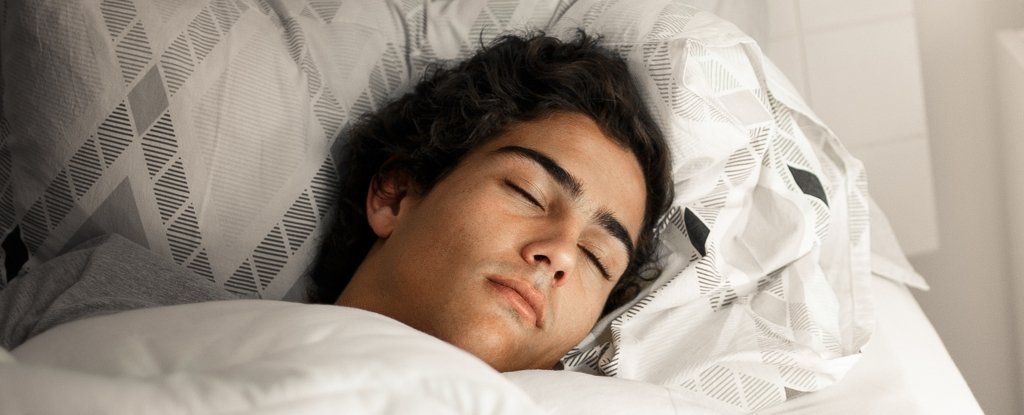
The COVID-19 Pandemic has taken a toll on people's mental health, and young people are a particularly affected group, with school closings cutting off millions of children from their friends, teachers, and normal life.
The negative psychological effects of this have been documented in many studies, but by at least one measure, school closings seem to have had at least one positive effect on students.
Swiss teenagers who were home-schooled during the first wave of the Pandemic ended up getting more sleep than before, which correlated with other improvements in their wellbeing, according to a new study.
The students got about 75 minutes more sleep per day during the lock down.
Their health-related quality of life improved significantly and their consumption of alcohol and caffeine went down.
In the study, the researchers asked the students about their sleep patterns, as well as other questions related to health and behavioral characteristics.
The results were compared with a previous survey of over 5,300 students conducted in 2017, long before the COVID-19 epidemic began.
During the school week, the home-schooling group woke up around 90 minutes later on average than the teenagers in the control group, but they also went to bed around 15 minutes later, meaning their sleep surplus was about 75 minutes each day.
The extra 75 minutes of sleep that the lockdown group got made them feel better about some things, even though other effects of the isolation in the pandemic could also be observed.
The researchers wrote that the higher values were indicated by the sample for feeling fit and well, for being full of energy, for having enough time for themselves, and for being able to do the things they wanted in their free time.
The adolescents in the lockdown sample felt sad and lonely.
The results show that the effects of home-schooling on teenagers were not as bad as they might have been, and that extra sleep did seem to make stuck-at- home days more manageable in the long run.
The findings show that the school closings have an upside, despite the fact that it led to worse health and well-being for many young people.
The benefit of starting school later in the morning is clear in our findings.
We probably shouldn't be too surprised. Many studies have shown that later school start times show improved sleep and ability to concentrate and study, as well as giving teenagers extra shut eye due to later school start times.
Teenagers should not start the school day until 10 am or 11 am, according to some experts. There is more data to support the argument that children can benefit from starting their learning later in the day, even in the isolation and hardship of a P.H. outbreak.
The researchers say that school closings allowed students to better align their sleep schedules with adolescents' late sleep phase.
This study provides the first scientific evidence for the beneficial sleep-related associations of school closings with adolescents' health.
The findings are reported in a journal.